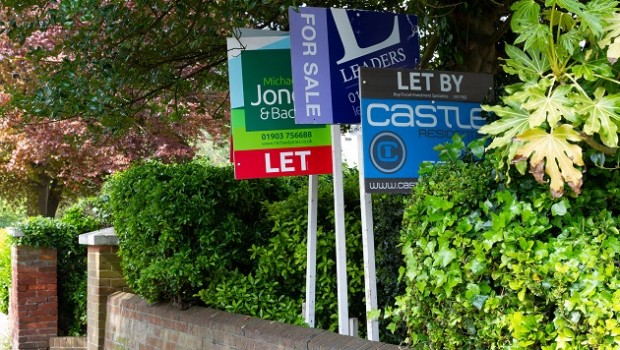House price growth softens, but supply issues remain - RICS

House price continued to grow in September, a closely-watched industry survey showed on Thursday, but at a slower rate than previously seen.
Barratt Redrow
420.00p
17:15 07/01/25
FTSE 100
8,245.28
17:14 07/01/25
FTSE 350
4,537.45
17:14 07/01/25
FTSE All-Share
4,493.46
16:44 07/01/25
Household Goods & Home Construction
10,344.63
17:14 07/01/25
Persimmon
1,115.00p
16:35 07/01/25
The latest RICS Residential Market Survey for September reported a net balance for house prices of 68%. That is down on August’s net balance of 73%, and notably lower than May’s peak of 82%. It was also below consensus, for 70%.
Newly agreed sales also fell in September for the third month in a row, with a net balance of -15%. New buyer enquiries were unchanged on September, having fallen in July and August.
The UK stamp duty land tax finally reverted to its pre-pandemic £125,000 threshold on 30 September, with the holiday – introduced last year to support the market following the first lockdown – tapering out over the summer.
But despite this, house prices continue to be supported by a lack of available stock. A net balance of -35% respondents reported a further fall in instructions, compared to -36% in August, and a net balance of 70% of respondents expect house prices to rise in the coming year, as demand continues to outstrip supply.
Simon Rubinsohn, chief economist at the Royal Institution of Chartered Surveyors, said: “The imbalance between demand and supply remains the most striking theme of the September survey. And feedback from members provides little reason to believe this issues will be resolved anytime soon.
“This is very clearly reflected in the forward looking metrics, with both price and rent expectations close to series highs, to put greater pressure on affordability at a time when money markets are sensing interest rate increases coming sooner rather than later.”
Samuel Tombs, chief UK economist at Pantheon Macroeconomics, said: “The housing market will face a much bigger test next year, when mortgage rates likely will rise and affordability will worsen as a larger share of households incomes are taken up by spending on essentials, such as food and energy.
“Our forecast for year-over-year growth in house prices to decelerate to about 4% in 20220, from about 8.5% this year, is contingent on our view that Bank Rate will rise only to 0.25% next year.”